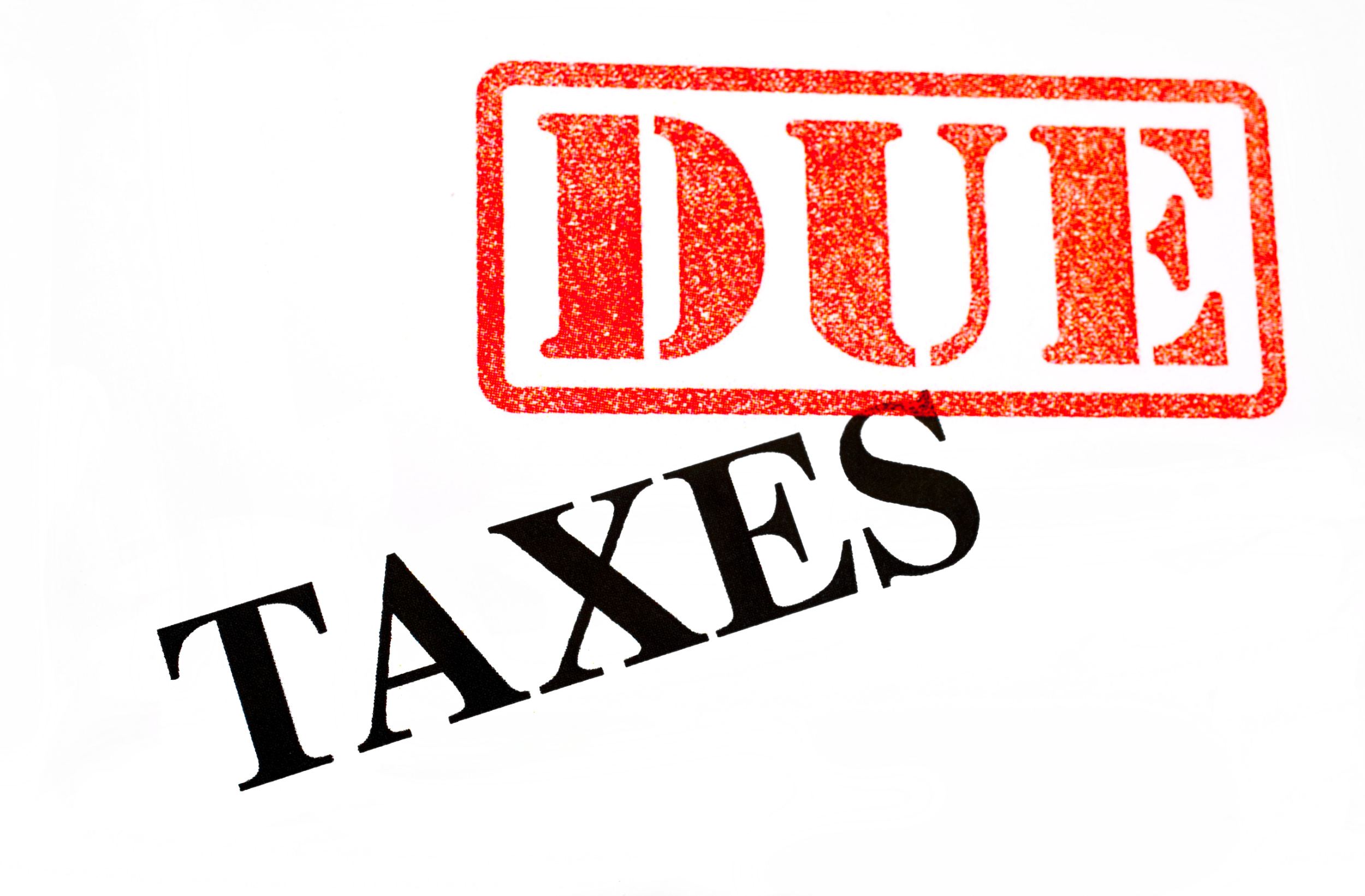PAYROLL TAX PROBLEMS
If you think personal tax problems are complicated, imagine the ins and outs of corporate taxes. In addition to the complex mechanism of payroll accounting, payroll taxes can be a black hole, pulling in your resources and your time with no end in sight.
If you find yourself in trouble with the IRS payroll tax rules, get help to ensure you don’t suffer the potentially business-ending consequences of improperly filing your payroll taxes.
Tax resolutions services can help fight the IRS, which targets small businesses for payroll tax violations. If you fail to file or pay payroll taxes, the IRS has nearly unlimited scope to put you out of business; sometimes without even a court order.
WHAT IS A PAYROLL TAX?
The government collects a percentage of employee salaries or wages to fund national programs like Social Security, healthcare, unemployment, and workers’ compensation. These taxes are based on the wage or salary of your employees. The payroll taxes are itemized on the pay stub. As an employer, you must deposit and report all employment taxes properly otherwise payroll tax problems are unavoidable. Payroll taxes include:
- Federal income tax
- Social Security and Medicare taxes
- Additional Medicare taxes
- Federal unemployment tax (FUTA)
Local governments or municipalities may also collect taxes to improve local programs and facilities — such as for first responders, parks and recreation programs and road maintenance. Check with your local tax expert for details if you’re unsure.
THE FICA TAX
Payroll taxes have to be taken out of earned pay, matched by you the employer and paid to the government according to specific deposit schedules. The two most common deductions, seen together, form the Federal Insurance Contributions Act (FICA) tax:
- Social Security
- Medicare
Social Security tax — also known as the Old Age, Survivors, and Disability Insurance tax — is 12.4 percent, split equally between you and your employee, up to a maximum amount of $127,200 earned in a calendar year (as of 2017). This amount is known as the wage base limit.
The Medicare tax is 2.9 percent, also split equally between you and your employee. Unlike the Social Security tax, the Medicare tax has no wage base limit. For all income more than $200,000 in a calendar year, an additional 0.9 percent is levied as the Additional Medicare Tax, but this tax doesn’t have to be matched.
PAYROLL TAX DEPOSITS
The federal income taxes, as well as both your and your employees’ FICA taxes, must be deposited in a timely manner according to two schedules. It’s up to you and your tax accountant to decide which of the two schedules you’re required to use. It’s going to be either monthly or semi-weekly. All deposits must be done electronically via an electronic funds transfer (EFT).
All 100 percent of your tax liability must be deposited with the collecting agency on or before the due date. Penalties are applied unless you fulfill both of these conditions:
- Any unpaid balance is not more than the greater value of $100 or 2 percent of the amount of taxes otherwise required to be deposited.
- The unpaid balance is paid by a shortfall make-up date.
Depending on the schedule you chose, the shortfall date is the date by which all unpaid balances must be paid without incurring deposit penalties. Outsourcing the handling of your payroll taxes can help ensure that your finances are compliant with IRS filing and deposit regulations. The tax professional stay up-to-date with the changing regulations to ensure that your taxes are filed properly and on time.
DEPOSIT PENALTIES
If you have any employees, you must comply with the payroll tax rules. There are three ways your business can fail when it comes to payroll taxes, any of which incurs penalties from the IRS:
- Failure to file
- Failure to deposit
- Failure to pay
If you don’t make the required deposits by the deadline or if you don’t deposit the required amount, the IRS may apply penalties. Meanwhile, additional interest accrues on the balance, beginning from the due date. If for any reason you’re unable to make the deposit, the IRS may waive the penalties if you provide a reasonable explanation and show that it was not “willful neglect.”
You can avoid all penalties by outsourcing the payroll taxes to G-Tax. They ask the right questions and provide safeguards to keep you from experiencing an IRS threat. Your tax expert ensures that your payroll taxes are deposited on time and for the right amount; they make sure that the government is paid, so you’re never late on your payroll taxes.
PAYROLL TAX PROBLEMS
The government has two vague questions it asks of every business regarding payroll taxes. These questions boil the issue down to simplistic terms. If you fail to answer correctly, you have payroll tax problems and can be considered guilty of tax evasion, which is a federal crime:
- Does your business have the responsibility to withhold, collect and pay payroll taxes?
- Has your business purposely failed to do so?
If you answer Yes to the first question, you must answer No to the second. Anything else can constitute a crime. That’s all the IRS cares about, in terms of payroll taxes. If you’re held responsible for failing to withhold, collect and pay taxes, the IRS has the power to shut down your business.
DON’T FIGHT THE IRS
Don’t take on the IRS on your own if you ever face payroll tax problems; it can be dangerous. They’re ruthless when it comes to tax evasion. They do whatever it takes to either get the money you owe or make sure your business doesn’t accrue more debt.
In addition to the taxes you owe, the penalties, fees and interest imposed could push you so deep into tax debt that you could lose your business. Your tax expert can step in as a trusted advocate to speak on your behalf to government agencies. When you don’t have to get involved personally, your life becomes less stressful. Because you’ve probably got enough other things to do on your plate.


